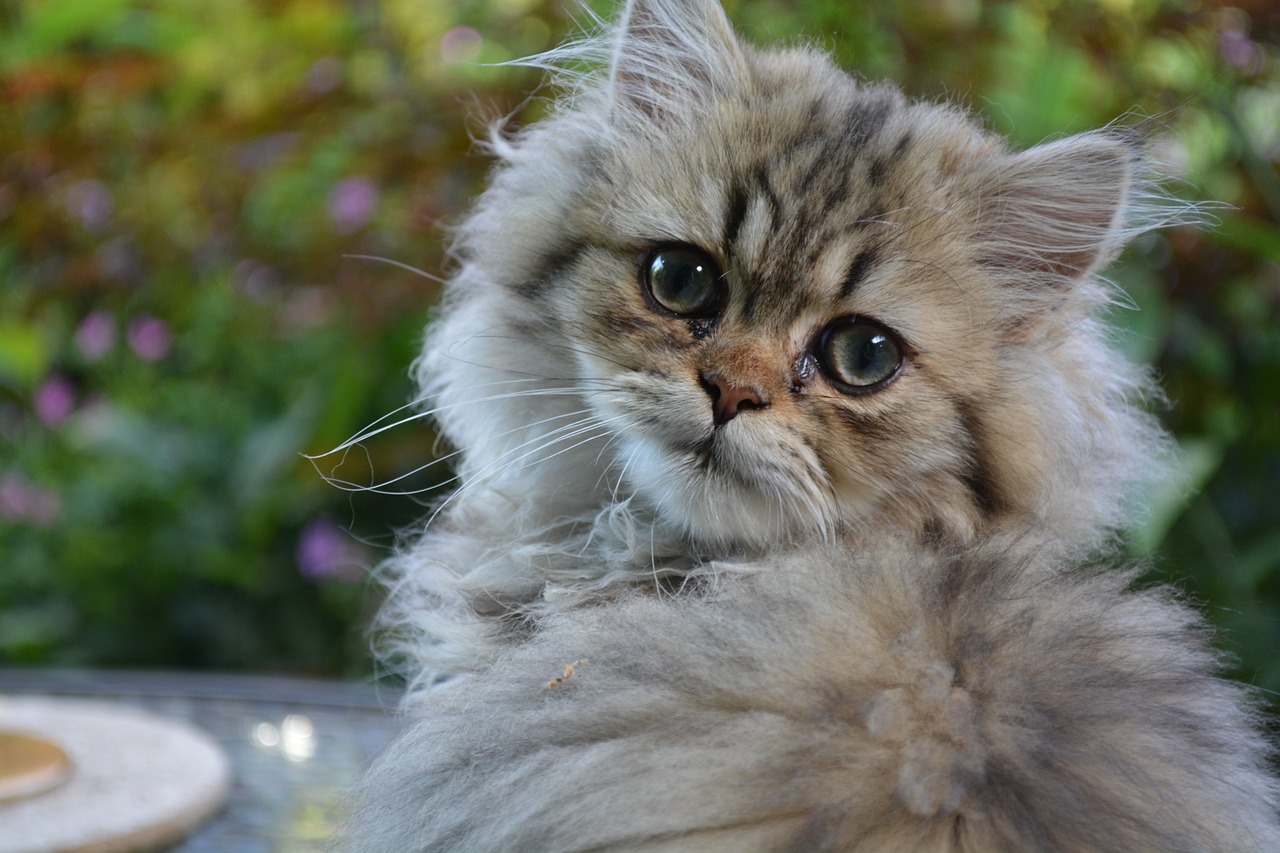
Cats can be incredibly independent and sometimes even mysterious creatures, often hiding their discomfort or illness until it becomes serious. As a cat owner, knowing the subtle signs of a health issue can be crucial to keeping your feline friend safe and healthy. Understanding the red flags that indicate something may be wrong with your cat helps you respond promptly, ensuring your pet gets the care they need. Let’s explore the most critical cat health warning signs you should never ignore to help you protect your furry companion’s well-being.
What Are the Most Common Health Warning Signs in Cats?
Cats are skilled at masking pain, a survival trait in the wild, but this can make it harder to recognize when they’re unwell. Here are some key indicators to watch for, even if they seem minor at first glance.
1. Changes in Eating Habits
Has Your Cat Suddenly Lost Interest in Food?
A decrease in appetite can be a sign of numerous issues, from dental pain to gastrointestinal distress or even more serious conditions like kidney disease. If your cat is refusing to eat for more than a day, it’s best to consult your veterinarian.
Is Your Cat Eating More Than Usual?
An increase in appetite may also be a cause for concern, particularly if accompanied by weight loss. Hyperthyroidism, diabetes, and intestinal issues can all cause increased hunger. Keep an eye on food consumption patterns as these could indicate an underlying problem.
2. Weight Loss or Gain
Is Your Cat Losing Weight Despite Eating Normally?
Unexplained weight loss can signal a range of problems, from diabetes to cancer. It’s particularly common in older cats but is not something to overlook. Always keep track of your cat’s weight, as even a subtle change can be significant.
Notice Any Unexplained Weight Gain?
While cats may gain weight due to overeating, unexpected weight gain could also be due to fluid buildup, which might be a symptom of conditions like heart disease.
3. Excessive Thirst or Urination
Is Your Cat Drinking and Urinating More Than Usual?
Increased thirst and urination are often warning signs of kidney disease or diabetes. If you’re noticing your cat drinking water much more frequently than usual or urinating outside the litter box, make sure to discuss these signs with your veterinarian.
4. Changes in Coat Condition
Has Your Cat’s Fur Lost Its Usual Shine?
Cats are typically meticulous groomers. If your cat’s coat starts looking dull, greasy, or unkempt, it could indicate arthritis, obesity, or even an illness that makes grooming difficult.
Is Your Cat Losing Fur?
Excessive shedding, bald patches, or rough patches of skin could point to allergies, parasites, or other skin issues. Look for any skin abnormalities, and take action if you notice unusual fur loss.
Behavioral Changes to Monitor in Cats
1. Unexplained Aggression or Irritability
Has Your Cat Become Aggressive Out of Nowhere?
Sudden aggression could indicate pain or discomfort. Cats may lash out if they are experiencing a painful condition, such as arthritis or an injury. Aggressive behavior should not be dismissed as just a “bad mood,” especially if it persists.
2. Hiding or Avoiding Interaction
Is Your Cat Suddenly Keeping to Themselves?
If your usually social cat starts hiding or avoiding you, it could be a sign of illness or stress. Cats often isolate themselves when feeling unwell, so this behavior warrants attention.
Gastrointestinal Symptoms That Shouldn’t Be Overlooked
1. Vomiting
Is Your Cat Vomiting Regularly?
While occasional vomiting might not be a concern, frequent vomiting, or vomiting blood, can indicate severe problems like poisoning, digestive disorders, or infections.
2. Diarrhea or Constipation
Does Your Cat Seem to Be Struggling in the Litter Box?
Chronic diarrhea or constipation should never be ignored. Diarrhea can lead to dehydration, while constipation can indicate issues with the digestive tract, kidneys, or a blockage. Regular bathroom habits are a good indicator of your cat’s overall health.
3. Bad Breath
Does Your Cat’s Breath Smell Unusually Foul?
While cat breath isn’t expected to smell like roses, a sudden foul odor may indicate dental issues or gastrointestinal problems. Bad breath is often associated with gum disease, tooth decay, and sometimes kidney disease.
Respiratory Symptoms to Watch Out For
1. Labored Breathing or Panting
Is Your Cat Breathing Heavily or Panting?
Cats should breathe quietly and evenly. Labored breathing, panting, or open-mouth breathing may indicate a severe respiratory problem, heart disease, or stress. Seek emergency care if these symptoms appear suddenly.
2. Sneezing or Nasal Discharge
Does Your Cat Have Frequent Sneezes or Runny Nose?
Frequent sneezing or a runny nose could be signs of an upper respiratory infection, allergies, or even feline herpes virus. Monitor any nasal discharge, especially if it’s thick or has a strange color.
Mobility and Physical Changes to Observe
1. Limping or Difficulty Moving
Is Your Cat Struggling to Jump or Walk?
Cats are generally agile creatures. If your cat is limping or seems reluctant to jump, this could indicate arthritis, injury, or an underlying health problem. Senior cats, in particular, may struggle with mobility, but any sudden changes in movement should be checked by a vet.
2. Swelling or Lumps
Have You Found Any New Lumps on Your Cat?
Lumps and bumps may be benign, but they could also be tumors. It’s best to have any new or unusual lumps examined, particularly if they grow in size or cause discomfort to your cat.
Eye and Ear Health Indicators
1. Discharge from Eyes
Is Your Cat’s Eye Discharge Excessive or Discolored?
Cats may have a little eye discharge, but green, yellow, or red discharge should be addressed by a vet. Eye infections, conjunctivitis, or even feline herpes virus can cause abnormal eye discharge.
2. Ear Scratching or Head Shaking
Is Your Cat Constantly Scratching Their Ears?
Excessive ear scratching or head shaking may indicate ear mites, infections, or allergies. Dirty, smelly ears with dark discharge are a major warning sign of ear infections, which can be painful and require treatment.